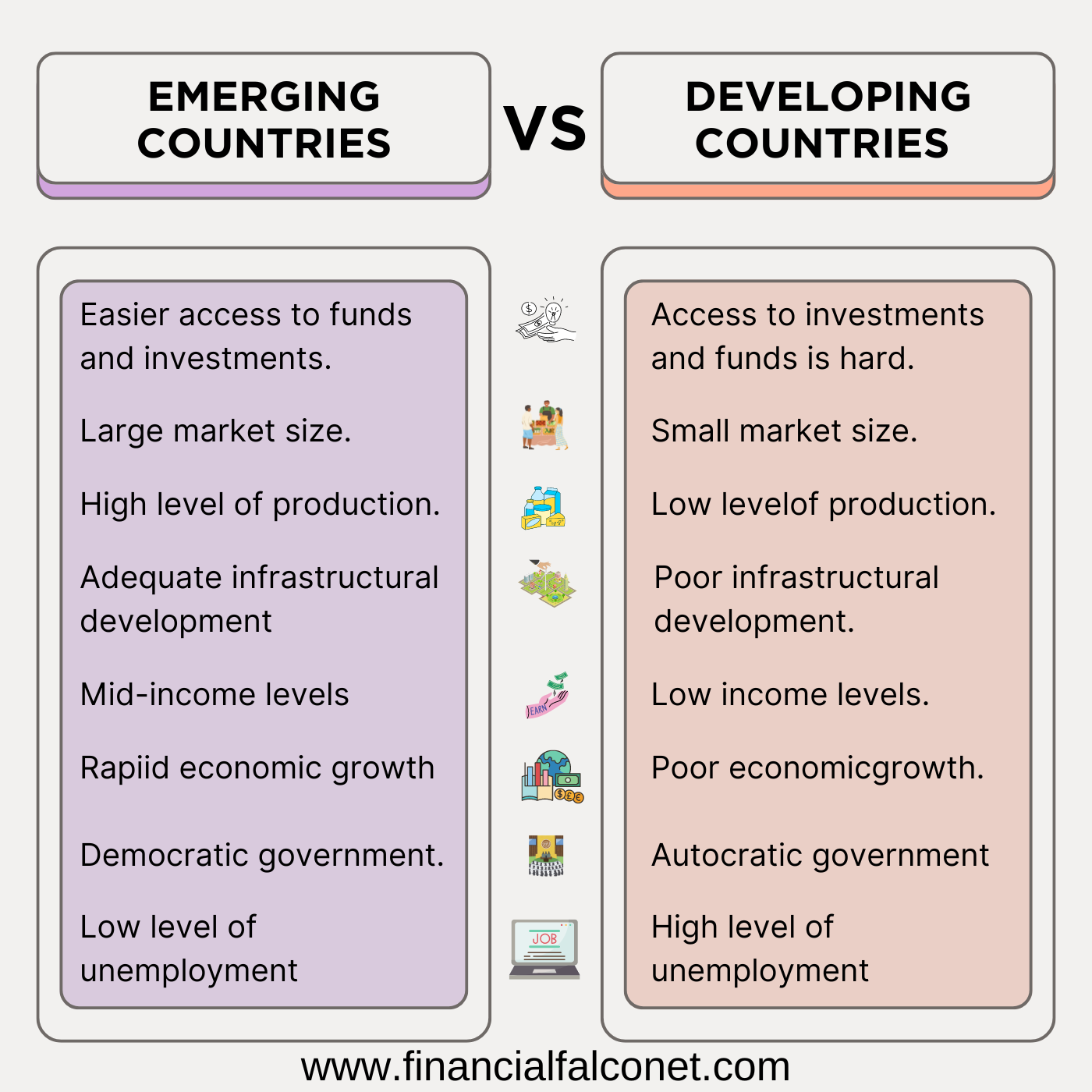Why would a company purchase treasury stock?
Why would a company purchase treasury stock? There are many reasons why a company would own treasure shares, but the most important reason why companies buy back their own shares is to prevent a hostile takeover. Other reasons would be listed and explained in the following section. Before discussing the reasons why companies have treasury shares, let us know what they are.
What are treasury stocks?
Treasury stocks (or treasury shares) are the shares of a company that are repurchased by the company after the shares have been issued to the public. The treasury stocks can be resold later when the need arises. When a company has treasury shares, the company’s board of directors sets aside a certain amount of the company’s stock, usually 10% or more, that is not eligible for public sale. These stocks are also not subject to voting rights. Rather, they are treated as part of the company’s owner’s equity.

Why would a company purchase treasury stock?
- Retirement of one of the owners
- Death of one of the owners
- The departure of one of the owners of the company
- Reduction of voting rights
- When the company thinks its shares are undervalued. Buying back the shares increases the earnings per share.
- Treasury stocks have little to no flotation cost.
- The company wants to prevent being taken over by an investor or another company who may buy the excess stocks in circulation. It is better to have a few stocks that no matter what happens, the number of stocks available cannot be used to take over the company even if someone were to buy all of them.
- Companies can buy back their issued shares to prevent dilution arising from some employees selling the stocks (gotten from incentive compensation plans) – to fulfill stock options of employees.
- Corporations may buy back their shares to use them as stock dividends
- A share repurchase may occur when a public limited company wants to change to a private limited company. The company then tries to buy back the shares to reduce the number of shareholders.
- When there is excess cash that has no use to a company, it may buy back its shares to keep them for reselling later in the future when the need arises.
- When a company wants to delist itself from a particular exchange, it may buy back the shares available on that exchange.
- A company can use treasury shares for exchange with the shares of another company
Retirement of one of the owners
This is a common reason for companies to have treasury shares. A company may want to retire the owner of the shares, or another owner may want to sell their shares because they no longer want to be associated with the company. The same happens when one of the owners departs the company or dies.
Reduction of voting rights
Another reason a company might purchase treasury shares is if it wants to reduce the voting rights of shareholders. When a company buys back issued shares, it restricts the number of votes that each shareholder can cast. The treasury stocks do not give the company voting rights but it cancels the voting rights that can be available to whoever would have had the stocks.
Undervalued stocks can cause a company to purchase treasury stocks
Undervalued shares may mean the company is not doing well and most companies would not like that; therefore, whenever the company thinks its shares are undervalued, it may repurchase the shares to increase the earnings per share.
Paying dividends
One of the reasons a company has treasury shares is because the treasury shares give the company a way to pay out a dividend without issuing new shares; this can save the company money in various ways.
Excess or Idle cash
When a company has excess cash that is not used for any project, what better way can it use the money than by buying its own shares? The treasure shares can then be resold later when the company needs cash.
A need to raise cash
The main benefit of having treasury shares is that the company does not need to issue new common stock in order to raise money. Instead, it can sell its treasury shares on the open market. This allows the company more flexibility in how it raises money and reduces its vulnerability to fluctuations in stock prices.
Little or no flotation cost
Another reason companies may choose to hold treasury shares is because they are not concerned about flotation costs associated with issuing new common stock. Flotation costs refer to the amount of money a company must pay to have its stock listed on a regulated securities exchange. Treasury shares have little or no flotation cost since they are not publicly traded.


